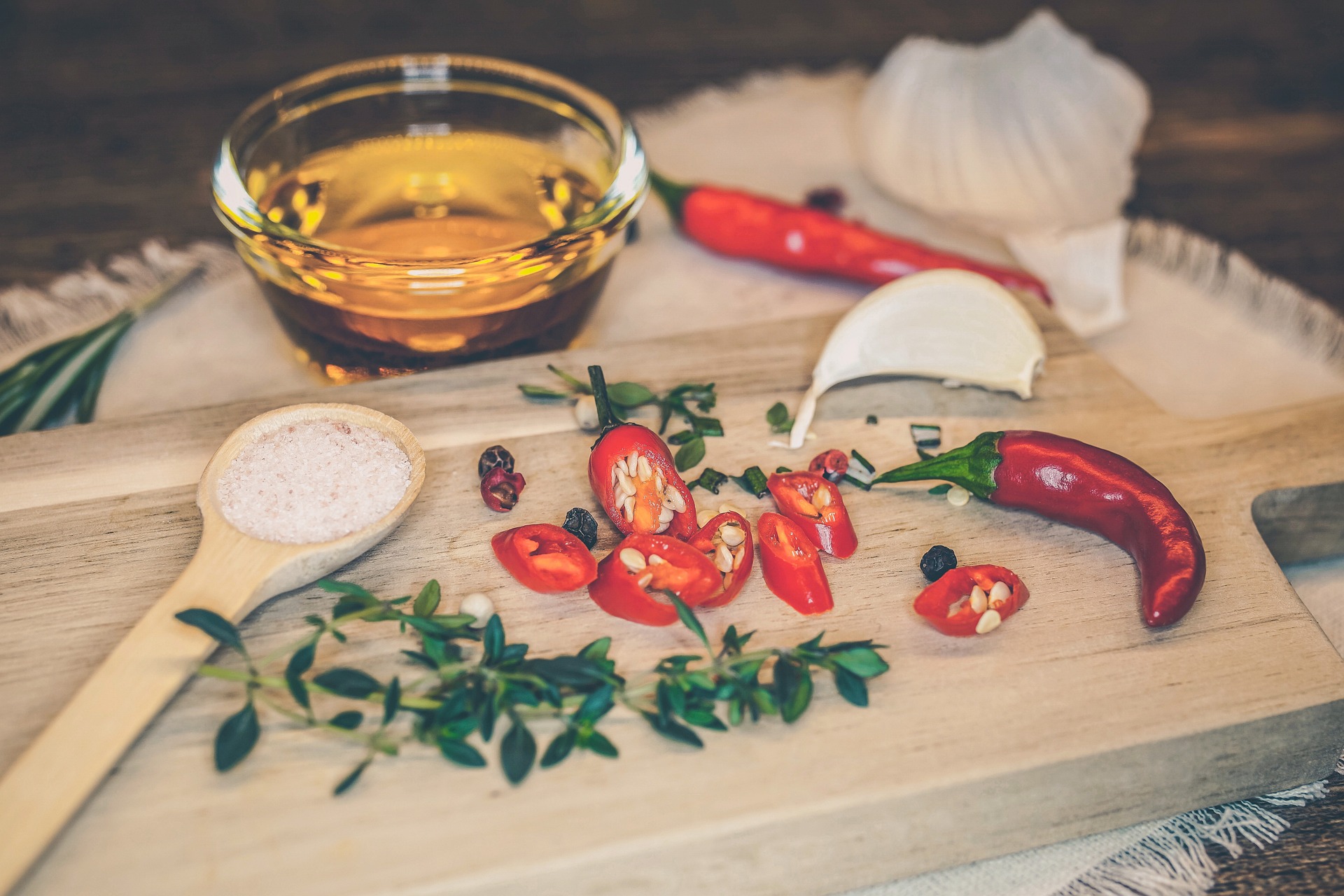Culinary Alchemy: Transforming Humble Ingredients into Gourmet Delights
Unlock the secrets of culinary alchemy and elevate everyday ingredients to extraordinary heights. From transforming simple vegetables into mouthwatering masterpieces to reimagining pantry staples as gourmet delicacies, this art of culinary transformation will revolutionize your approach to cooking. Get ready to embark on a flavorful journey that will tantalize your taste buds and ignite your culinary creativity.

Reimagining Pantry Staples
Your pantry is a treasure trove of culinary possibilities waiting to be unleashed. Take canned beans, for instance. Drain and rinse them, then blend with aromatic spices, herbs, and a touch of olive oil to create a silky smooth dip that rivals any store-bought hummus. Or transform them into crispy, flavorful fritters by mixing with grated vegetables, spices, and a binding agent like flour or breadcrumbs. Another pantry staple ripe for reinvention is the humble can of tomatoes. Slow-roast them with garlic, herbs, and a drizzle of balsamic vinegar to create a rich, concentrated flavor base for sauces, soups, or bruschetta toppings. The key to elevating pantry staples lies in layering flavors and textures, turning simple ingredients into complex, satisfying dishes.
The Art of Flavor Infusion
Infusing flavors into everyday ingredients is a powerful technique in culinary alchemy. Start with oils and vinegars, two staples that can be easily transformed into gourmet condiments. Create herb-infused oils by gently heating olive oil with fresh herbs like rosemary, thyme, or basil, then strain and store for use in dressings, marinades, or as a finishing touch for dishes. For vinegars, try infusing apple cider or white wine vinegar with fruits, spices, or herbs to create unique flavoring agents for salads, sauces, or even cocktails. Another infusion technique is to create flavored salts by blending sea salt with dried herbs, spices, or even citrus zest. These custom blends can elevate simple dishes like grilled vegetables or roasted meats to new heights of flavor.
Textural Transformations
Texture plays a crucial role in culinary alchemy, turning ordinary ingredients into extraordinary experiences. One technique to explore is dehydration, which concentrates flavors and creates crispy, intensely flavored versions of fruits and vegetables. Try dehydrating thin slices of tomatoes or pineapple for a chewy, sweet-tart snack or garnish. Another textural transformation involves using molecular gastronomy techniques like spherification to create caviar-like pearls from fruit juices or sauces. These delicate spheres burst in your mouth, adding an element of surprise and luxury to dishes. For a simpler approach, experiment with different cooking methods to change textures. For example, try deep-frying herbs like sage or basil until crisp, or freeze-drying fruits for a light, crunchy texture that melts on the tongue.
Sweet Alchemy: Dessert Transformations
The world of desserts offers endless opportunities for culinary alchemy. Start by reimagining classic comfort foods with a gourmet twist. Transform rice pudding into an elegant dessert by infusing the rice with exotic spices like saffron or cardamom, then topping with caramelized fruits and a drizzle of honey. Another sweet transformation involves using vegetables in unexpected ways. Try incorporating pureed roasted beets into chocolate cake batter for added moisture and a subtle earthy flavor, or use avocado as a base for a creamy, dairy-free chocolate mousse. For a show-stopping dessert, experiment with edible flowers by candying them or freezing them in ice cubes to add a touch of elegance to cocktails or desserts.
Culinary Alchemy Tips & Facts
• Use a coffee grinder to create custom spice blends for unique flavor profiles
• Experiment with different types of salt to enhance and transform dishes
• Incorporate umami-rich ingredients like miso or nutritional yeast to add depth to vegetarian dishes
• Try using a smoking gun to infuse smoky flavors into unexpected ingredients like butter or cocktails
• Explore the world of fermentation to create unique flavors and preserve ingredients
In conclusion, culinary alchemy is about seeing the potential in everyday ingredients and transforming them into something extraordinary. By mastering techniques like flavor infusion, textural transformations, and creative reinterpretations, you can elevate your cooking to new heights. Embrace your inner alchemist and let your culinary creativity soar, turning simple meals into unforgettable gastronomic experiences that will delight and surprise your taste buds.





